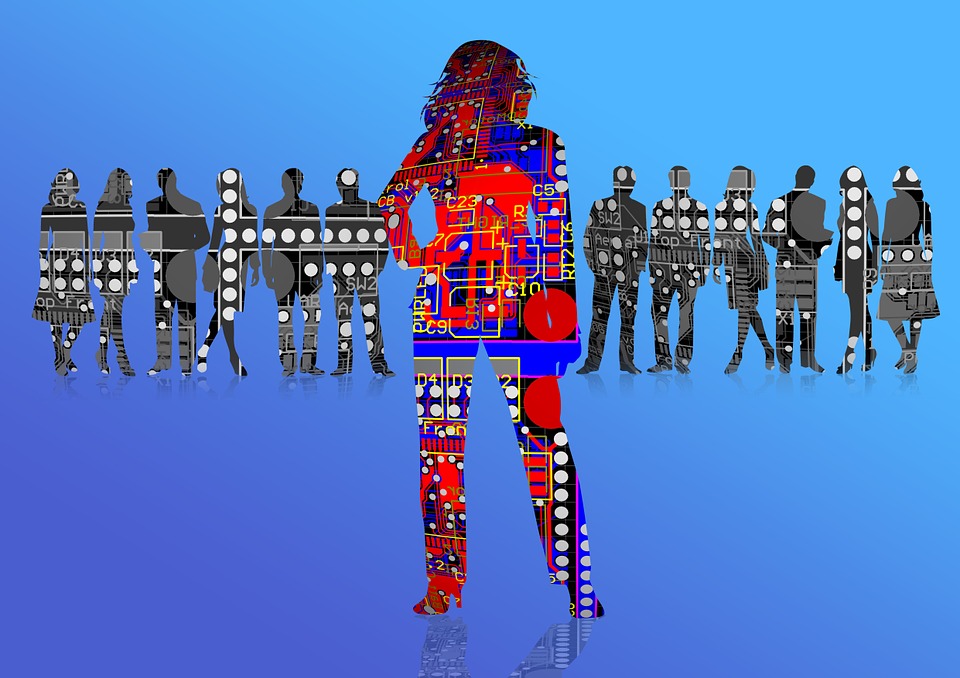Tennessee becomes first state to protect musicians from AI through the ELVIS Act

The state of Tennessee has passed a bill protecting musicians from the unauthorized use of artificial intelligence (AI), named after one of the Volunteer State's famous sons.
Tennessee Gov. Bill Lee signed the Ensuring Likeness Voice and Image Security (ELVIS) Act into law on March 21. He held the bill-signing event at Robert's Western World, a venue in Nashville's Lower Broadway district. While it is often overflowing with tourists eager to listen to traditional country music, the bill-signing event was likewise packed.
"We employ more people in Tennessee in the music industry than any other state," Lee told reporters shortly after signing the ELVIS Act into law. "Artists have intellectual property. They have gifts. They have a uniqueness that is theirs and theirs alone, certainly not AI."
Citing a statement by Lee's office, Reuters reported that the ELVIS Act updates Tennessee's Personal Rights Protection (PRP) Act passed in 1984. The newly-signed law set to take effect on July 1 ensures "protections for songwriters, performers, and music industry professionals' voice from the misuse of AI." Moreover, the ELVIS Act includes voice likeness to protections already ensured by the 1984 law – name, photographs and likeness.
Supporters claim the goal of the ELVIS Act is to ensure AI tools cannot replicate an artist’s voice without their consent. While the PRP Act protected name, image, and likeness, it did not specifically address new, personalized generative AI cloning models and services that enable human impersonation and allow users to make unauthorized fake works in the image and voice of others.
Thanks to your generous support, we are building the infrastructure of human freedom and actively donating our technology to independent publishers, authors and home schooling organizations. Learn about our game-changing non-commercial AI project here. Support our ongoing efforts to preserve and enhance human knowledge by shopping at HealthRangerStore.com.
"While the presence of AI in music-making can be traced back to the 1950s, recent groundbreaking opens advances in generative AI – with robots now making music as digital pop stars – have divided opinions in the industry," Reuters noted, adding that "many experts say AI raises legal and ethical concerns." (Related: EU passes landmark AI law ensuring “safety” of rapidly developing technology – but will free speech be allowed?)
Generative AI posing a threat to the music industry
Lee's signing of the ELVIS Act into law makes Tennessee, the birthplace of country music and the launchpad for musical legends such as the measure's namesake Elvis Presley, the first U.S. state to enact such measures. Yet it remains to be seen how effective the legislation will be for artists looking to shield their art from being scraped and replicated by AI without their permission.
Generative AI – which was made popular in 2023 by OpenAI's ChatGPT language system – is capable of creating content including original sounds, lyrics, or entire songs on its own. However, artists often use simpler AI to enhance their sound. One such song that made use of AI is the tune "Now and Then" from The Beatles, touted as the last song that featured the Fab Four's complete lineup.
Lee and other supporters of the ELVIS Act acknowledged that the new law is untested, despite sweeping support from those inside the music industry and unanimous approval from the Tennessee General Assembly. Meanwhile, many musicians in the Volunteer State say they don't have the luxury of waiting for a perfect solution. They pointed out that the threats of AI are already showing up on their cellphones and in their recording studios.
"Stuff comes in on my phone and I can't tell it's not me," said country star Luke Bryan. "It's a real deal now, and hopefully [the ELVIS Act] will curb it and slow it down."
Head over to Robots.news for more stories about artificial intelligence.
Watch this video about OpenAI's ChatGPT5 possibly becoming self-aware and sentient, threatening the loss of many jobs worldwide.
This video is from the Victor Hugo Art channel on Brighteon.com.
More related stories:
AI can influence people’s decisions in life-or-death situations.
AI could exceed human intelligence in 3 years, top scientist warns.
Digital prepping: How to survive in a world dominated by AI.
Top scientist warns AI could surpass human intelligence in the next three years.
Sources include:



